"The demand for organic lemons abroad is significant," says Sergio Mazzara, managing partner of Campisi Italia, "and in fact we are growing year on year when it comes to both volume and value." In Italy, he explains, the organic market is still a prerogative of specialised shops and, therefore, does not grow as it does in northern Europe. "On the contrary, the foreign big retail trade has focused on organic lemons for years with a massive presence in all shops, relegating traditional products to marginal areas." As a result, the company sells its products mainly in foreign markets, since in Sicily, organic productions are struggling to establish themselves in big retail chains due to widespread scepticism among consumers.
Mazzara clarifies that, abroad, the offer to consumers is simplified to avoid confusion: three types of lemon are mainly offered, two of which are organic (loose and in nets) and one traditional. In Italy, on the other hand, the abundance of products, such as the different PGIs (Amalfi Coast, Interdonato Messina, Femminello del Gargano), creates considerable complexity on the shelves.
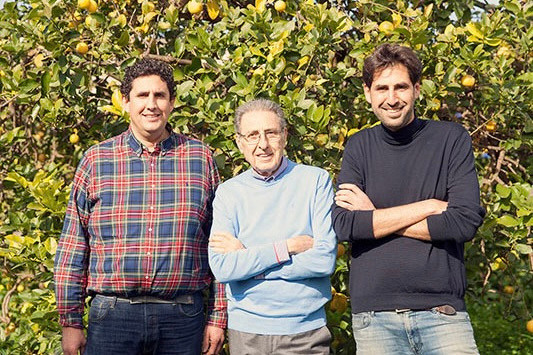 © Campisi ItaliaMarco Mazzara, Felice Mazzare and Sergio Mazzara.
© Campisi ItaliaMarco Mazzara, Felice Mazzare and Sergio Mazzara.
Despite the Italian abundance of varieties, prices have reached an all-time low over the past three years. This drop is also attributable to an oversupply of citrus fruits from Spain, the world's leading producer, which has made large investments in very productive varieties, albeit with less pronounced aromatic characteristics.
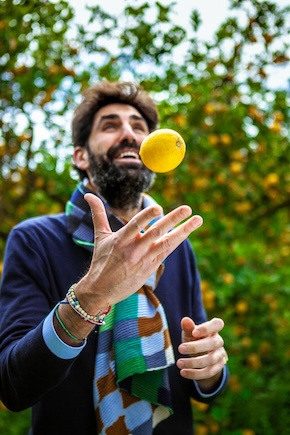 © Campisi Italia On the production side, the company faces increasing challenges related to climate change and a severe labour shortage.
© Campisi Italia On the production side, the company faces increasing challenges related to climate change and a severe labour shortage.
"A concrete example is the hailstorm that hit the area of Avola (SR) in mid-August, which destroyed the entire production of several companies in just a few minutes. To counter these phenomena, we covered 80 hectares of lemon groves with anti-hail nets, a practice that is already widespread in apple growing in Trentino."
Campisi Italia, which has been in business for four generations - and is now run by the founder's grandsons, Sergio and Marco Mazzara - has long focused on Syracuse lemons. Established agronomic practices and conversion to organic farming help strengthen the plants, which can produce up to 140-150 kg of fruit each.
"In order to diversify into the processed segment - the flagship of our production - we obtain lemons from over 200 cultivated hectares destined for the production of a fine lemon juice, which we have named Polenghi Spinagallo. This product is the result of a certified supply chain agreement signed three years ago with the Polenghi Group. This is a high-end juice, obtained by processing organic lemons of the Femminello variety, grown in Syracuse within our Spinagallo estate owned by Campisi Italia. This estate expresses the highest quality in terms of juice, extracted with the use of machines that allow us to obtain an excellent product, even with very low yields."
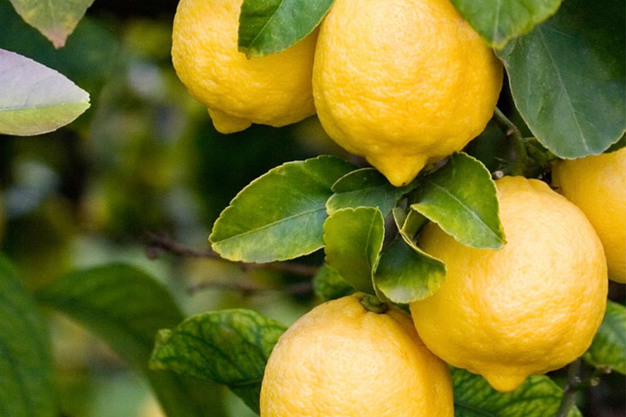 © Campisi Italia
© Campisi Italia
Campisi Italia markets about 25,000 tonnes of organic lemons per year - 70% is destined for the fresh market, of which about 80% is exported to foreign big retail chains, and the remaining 20% serves some Italian chains.
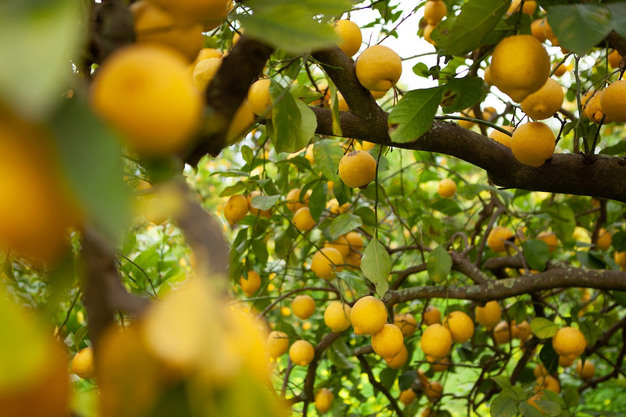 © Campisi Italia
© Campisi Italia
On the other hand, 30% of the production is destined to the processing industry for the production of juices to make beverages and essential oils, appreciated by the world's leading perfume houses.
For more information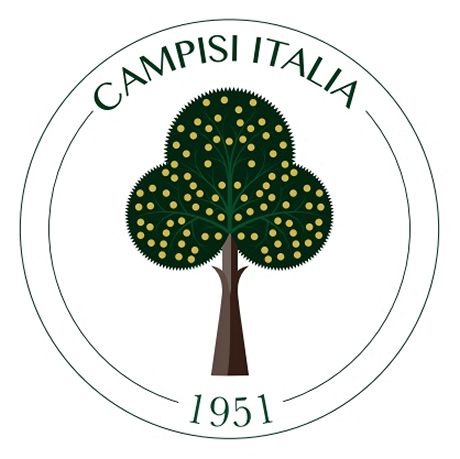
Campisi Italia s.s. Soc. Agr
Via Sant'Elia, 24
96100 Siracusa (SR) - Italy
Tel.: +39 (0) 931718155
Fax: +39 (0) 931718000
[email protected]
www.campisitalia.com
